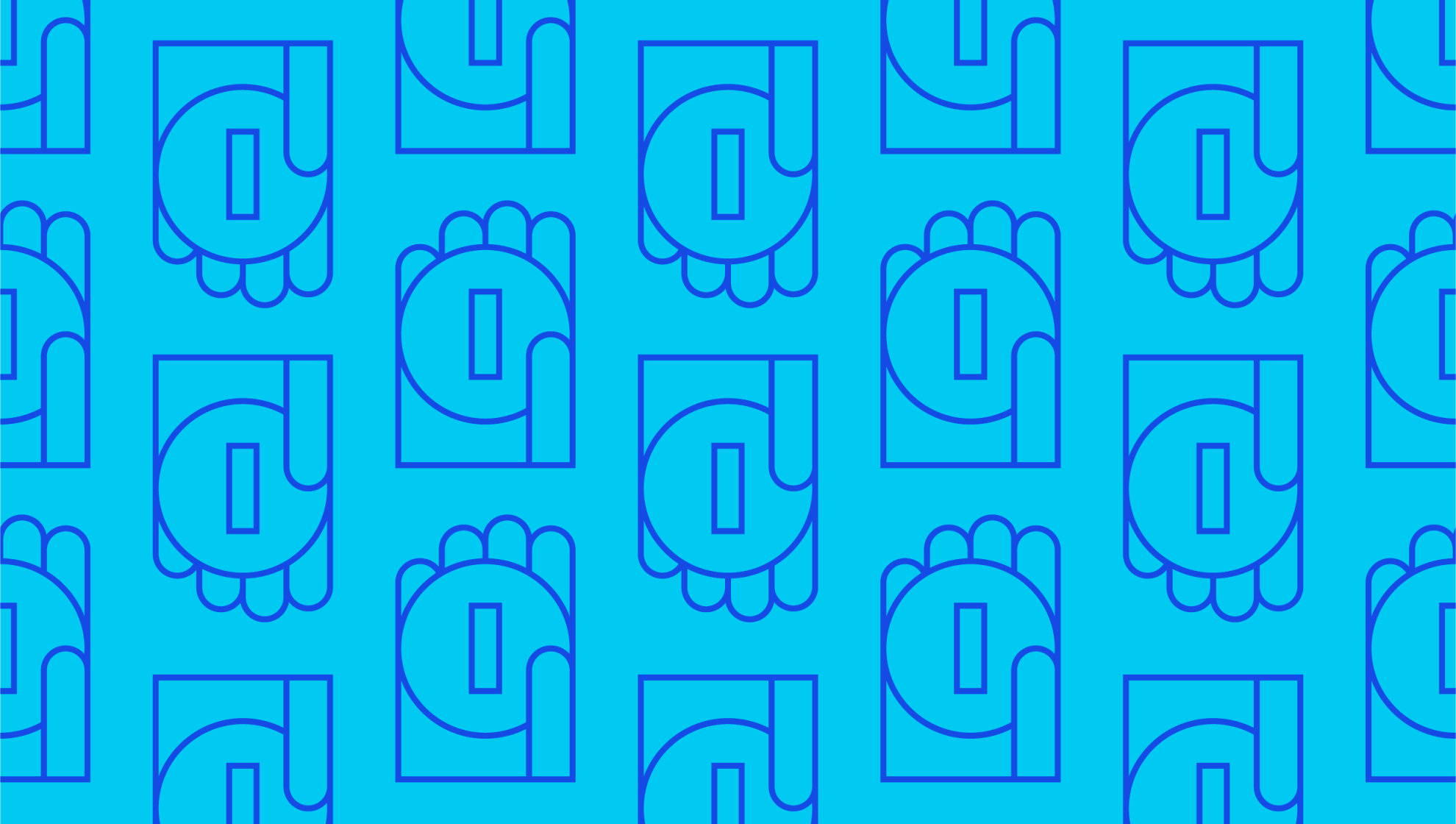Last editedApr 20222 min read
When looking through your payment date, you may see several unsuccessful payments marked as “005: Do Not Honor” as the reason. This can account for a large number of failed transactions, but what does it mean exactly?
While the answer is not always straightforward, we’ll take you through what credit card “Do Not Honor” may mean for you.
Credit card "Do Not Honor”: meaning
Put simply, the “Do Not Honor” message indicates that the customer card’s issuing bank will not allow a transaction to take place. In other words, the credit card being used by the customer has been rejected by the issuing bank.
However, there are several reasons why this occurs. The main causes are outlined below:
Insufficient funds
In many cases, “Do Not Honor” is synonymous with “Insufficient Funds”. The reason for this is that some issuers and processors simply fail to deliver the correct refusal message and so “Do Not Honor” is written as a default message.
Credential discrepancy
Sometimes transactions are not successful because of a discrepancy between AVS and CVC. And, since there is no uniform refusal message for when this occurs, issuers use the default reason: “Do Not Honor”.
Potential fraud
When it isn’t simply a default reason used to describe a credential mismatch or insufficient funds, it is due to suspicious activity on a card indicating potential fraud.
What amounts to suspicious activity will depend on the issuer. In the most obvious case, it’s because a card has been reported missing or stolen. But there are other reasons a bank may choose to respond cautiously. These include: uncharacteristic purchases, transactions attempted at unusual times of the day, and purchases attempted in unexpected locations. Issuers prefer to be vigilant and reject a transaction which seems out of the ordinary. When this occurs the“Do Not Honor” message will be delivered to the merchant.
While in these circumstances issuers may display the message “59: Suspected Fraud”, they tend to translate it to “Do Not Honor” automatically. This is likely to avoid any uncomfortable situations arising between a vendor and a shopper.
Recent customer activity
In many cases, a customer will have made multiple purchases before coming to you. This means there is always a risk that they made a large purchase recently, bought from a high-risk website or had been on a large shopping spree just prior to making a purchase with you. If the shopper has been outlandish with their spending that day, the issuer may decide to refuse any more purchases — meaning you will receive the message “Do Not Honor”.
How to respond?
In real time, the best way to respond is to inquire whether the customer has an alternative means to pay.
However, even if they do not, there may be a way to remedy the situation. You can do this by contacting the customer’s issuing bank directly and asking for a verbal authorization code to complete the transaction. Once you have the authorization code, you can then manually complete the transaction.
Naturally, if you have many customers to serve, this is a time inefficient option. It’s up to you to weigh up whether the value of the attempted transaction is worth taking the time and effort to pursue it.
We can help
GoCardless helps you automate payment collection, cutting down on the amount of admin your team needs to deal with when chasing invoices. Find out how GoCardless can help you with ad hoc payments or recurring payments.

